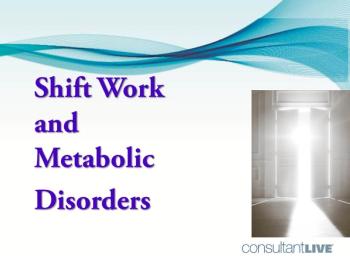
Diabetes, obesity, CVD-all have been linked to disruption of the day-night rhythm caused by shift work. More facts and some tips for your shift-weary patients, here.

Diabetes, obesity, CVD-all have been linked to disruption of the day-night rhythm caused by shift work. More facts and some tips for your shift-weary patients, here.

In these half-dozen slides, we look at this dangerous combination and the particular challenges it poses to diagnosis and disease management.
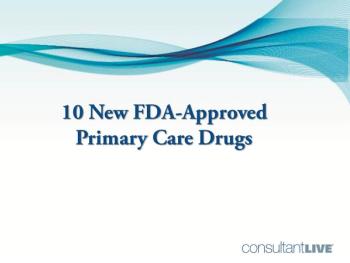
Since January 2015, the FDA has approved more than a dozen drugs indicated for primary care diseases. Here, a quick slide update on 10 of them.
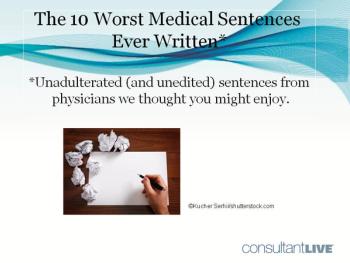
Here: 10 “sentences”-dissected from articles submitted by physicians to this Web site over the years and presented in unadulterated (and unedited) form-that we hope you’ll enjoy as much as we did.
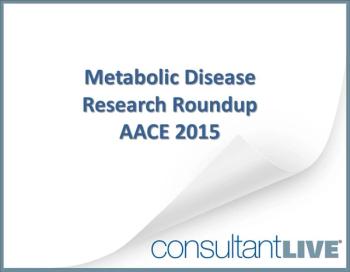
Metabolic disorders in patients with diabetes place them at particularly high risk for CV morbidity. Find insights on Dx and Tx in these slides.
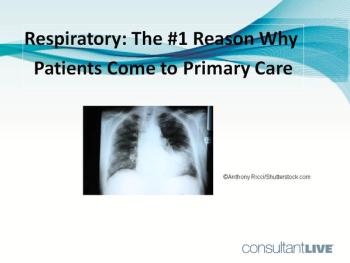
This slideshow highlights facts and figures about the number 1 diagnostic category in primary care.
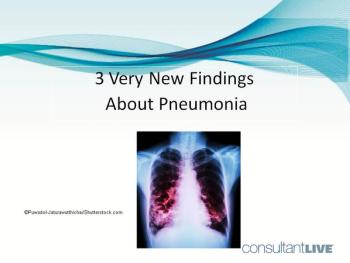
Three studies culled from the very recent literature offer insights into prevention and treatment of pneumonia in adults. Highlights in this slide show.
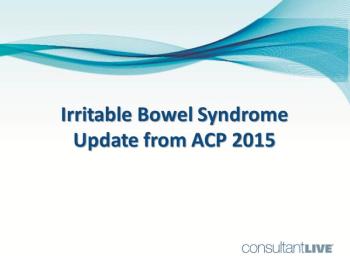
Lactose, fructose, FODMAPs are out. Cashew milk, bok choy, and taro are in. Get more, here, on ins, outs, and newest Rx for IBS.
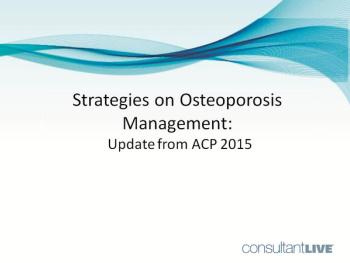
Bisphosphonates, teriparatide, vitamin D, calcium, raloxifene, vertebroplasty/kyphoplasty: here’s the latest on osteoporosis.

The American College of Physicians Best Practices lay out criteria for when to begin screening, screening intervals, and when to stop.
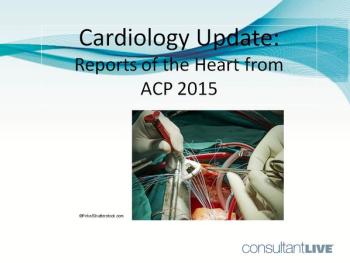
It’s time to rethink aspirin; there’s optimism about the PCSK9 inhibitors; and new help for people with valvular heart disease. What else is new in cardiology?
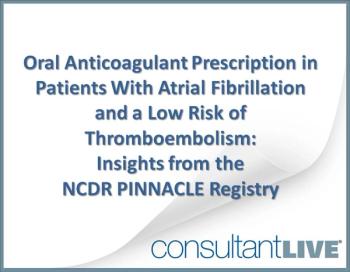
Guidelines say “no” to anticoagulation for young, otherwise healthy persons with atrial fibrillation. New research finds that clinical practice looks quite different.

No monitoring necessary; don't use them before electrical cardioversion; and count them out for periprocedural use during AF ablation. Really?
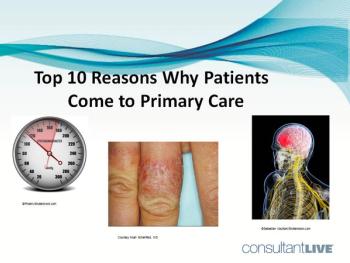
What brings patients to your office-and not the specialty office down the street? Insights in this slideshow.
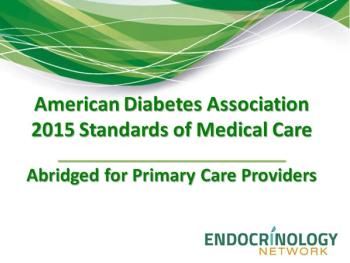
The ADA provides an abridged version for PCPs of its annual Standards of Medical Care. Our slides summarize 6 updates important to primary care.
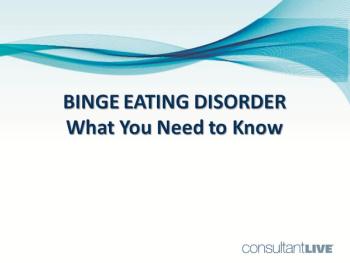
Only one-third of patients with eating disorders are ever asked about their problems with food. Screening in primary care is essential.
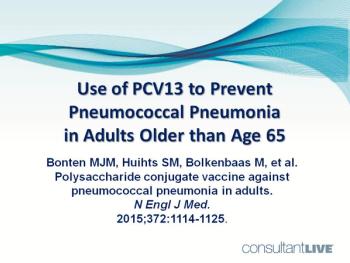
The 13-valent pneumococcal conjugate vaccine reduced nearly by half vaccine-type community acquired pneumonia in adults aged 65 years and older.
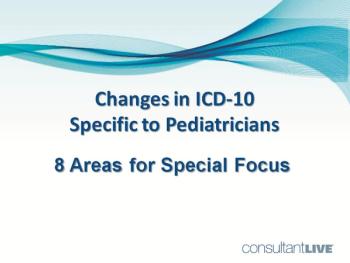
Research shows that pediatricians are at higher risk than other physician groups for financial loss as they transition to ICD-10. Here, 8 areas you can focus on now.
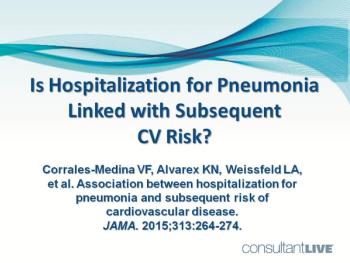
Risk of MI, stroke, and fatal coronary heart disease remained elevated among some patients hospitalized for pneumonia up to 10 years after the index event.
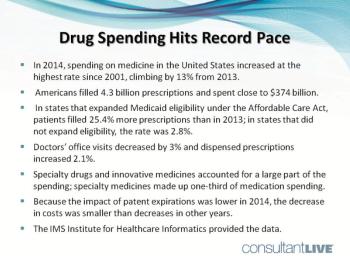
Get highlights in 6 slides of headlines that made news this week: billions spent on medicine; patient myths about opioids; heart and lung health; transparency in research.